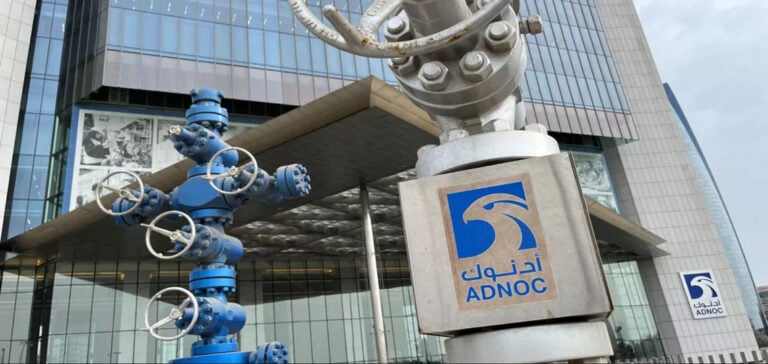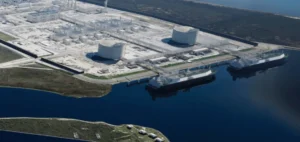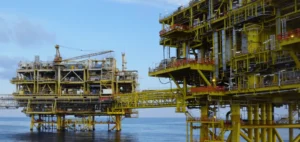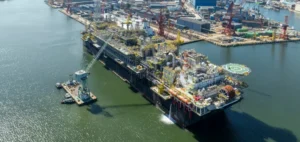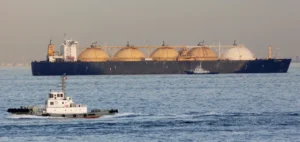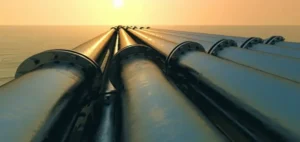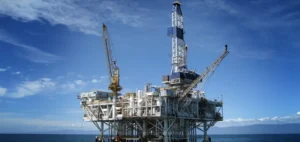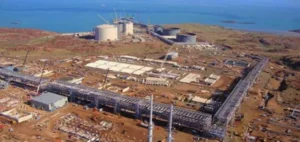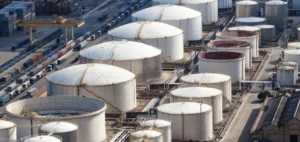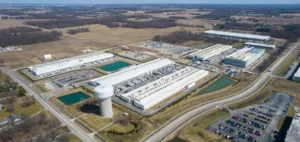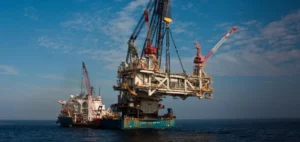A Net Zero Gas project was recently announced by Emirati hydrocarbon giant ADNOC. This statement comes just a few weeks ahead of the United Nations Climate Change Conference (COP28), scheduled to take place in the wealthy Gulf State. The project in question concerns the Hail and Ghasha offshore fields, and is intended to be the “first in the world” to operate with a “zero net emissions” target, according to a statement by the Emirati state-owned company.
Reactions from environmentalists
However, this initiative has met with mixed reactions fromenvironmentalists. Mia Moisio, from the Climate Action Tracker panel, pointed out that presenting a fossil fuel project as “net zero,” even when considering only its operational emissions, can be misleading. Most hydrocarbon emissions come from combustion, not production.
The contracts awarded by ADNOC for this project represent a total estimated value of $16.94 billion. Construction work on the two offshore sites has been entrusted to a joint venture between UAE-based National Petroleum Construction and Italy’s Saipem, while Italy’s Tecnimont will be in charge of onshore infrastructure.
Innovative Technologies for Decarbonization
According to ADNOC’s press release, the Hail-Ghasha project will include “innovative decarbonation technologies” to capture and store 1.5 million tonnes of CO2 per year. What’s more, it will benefit from low-carbon hydrogen and electricity generated from nuclear and renewable sources.
The Hail-Ghasha project is part of the Ghasha concession in the Emirate of Abu Dhabi. This concession aims to produce over 42.5 million cubic meters of gas per day by 2030. This will contribute to the United Arab Emirates’ self-sufficiency in gas and support the growth and export strategy of ADNOC Gas, the Group’s gas subsidiary.
Concerns about Gas Dependency
Nevertheless, there are still concerns about the United Arab Emirates’ dependence on gas for power generation. The gradual phase-out of fossil fuels is indeed considered “inevitable,” but the global economy remains heavily dependent on oil, gas and coal, as Sultan al-Jaber, President of COP28 and head of ADNOC, pointed out.
ADNOC is committed to achieving carbon neutrality by 2045 for its own operations. However, these commitments do not take into account the indirect emissions generated by the combustion of hydrocarbons by our customers, which account for the bulk of our carbon footprint.
An Uncertain Future
According to Global Witness, indirect emissions from the Emirati company’s activities are set to increase by more than 40% by 2030 compared with this year. With production expected to exceed 1.3 billion barrels of crude and 90 billion cubic meters of gas by 2030, ADNOC’s final product emissions will reach 684 million tonnes of carbon dioxide. This raises questions about the compatibility of these actions with global emission reduction targets.
All in all, ADNOC’s decarbonization and emissions reduction initiative is a step in the right direction. However, the challenges remain considerable, and questions remain as to the real effectiveness of these measures in combating climate change. The debate on the energy transition and the ensuing environmental challenges calls for constructive dialogue and concerted action on an international scale.

